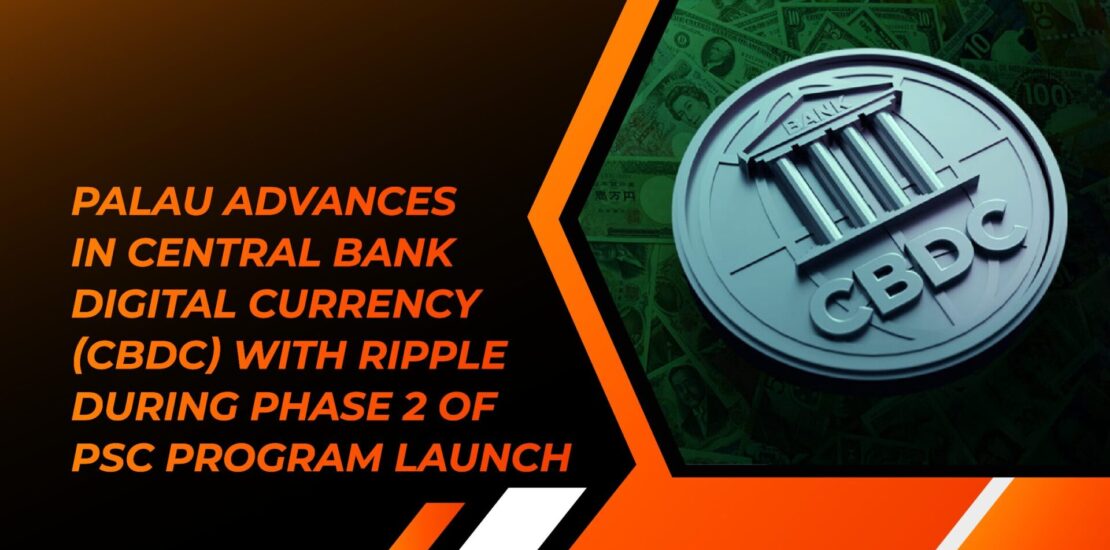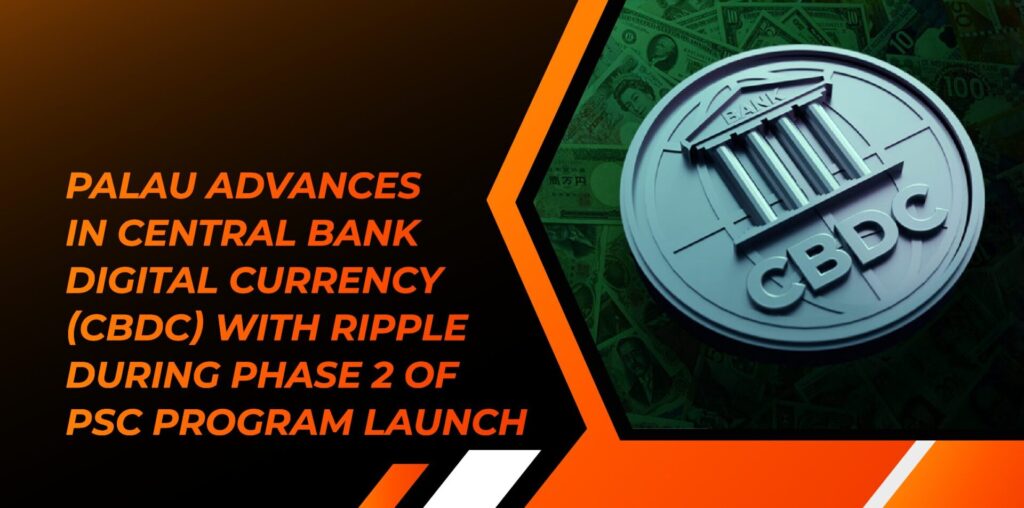- December 18, 2023
- Posted by: [email protected]
- Category:


The Ministry of Finance in Palau has officially initiated the second phase of its Palau Stablecoin (PSC) program, marking a strategic move towards further development and user engagement in the digital currency space. Jay Hunter Anson, a cybersecurity consultant and adviser to the Ministry of Finance in Palau, announced the launch of the program’s second phase on December 15 through a post on X (formerly Twitter).
Palau intends to deepen its partnership with Ripple during the second phase of the PSC initiative, leveraging the benefits of Ripple’s central bank digital currency (CBDC) platform and technical expertise. PSC, a digital currency pegged to the United States dollar, operates on Ripple’s XRP Ledger.
Anson highlighted key objectives for the second phase, including the establishment of new partnerships for marketing and sustainable development goals. The emphasis will also be on fostering a robust digital ecosystem and enhancing user engagement, with a strong commitment to regulatory compliance.
Anthony Welfare, CBDC strategic adviser at Ripple, shared insights on the launch of phase two of the PSC pilot program. He emphasized the advantages of blockchain-based digital currencies, citing reduced transaction fees and the potential to address environmental concerns associated with traditional money circulation.
Welfare acknowledged specific challenges faced by Palau, including the complexity of moving traditional currencies across its 340 islands and high mobile data costs in the country. Despite these challenges, he noted that Palau residents can conduct offline transactions using blockchain-based digital currencies like PSC, even during power outages.
The Ministry of Finance in Palau celebrated the success of the program’s first phase on December 7. Over a three-month period, 168 volunteers from government employees participated, each receiving 100 PSC to use at local retailers involved in the program. Transactions were carried out through mobile phones using QR codes, with both retailers and volunteers providing positive feedback about their experience with the digital currency. The second phase is set to build upon these achievements and further contribute to the advancement of CBDC technology in Palau.



